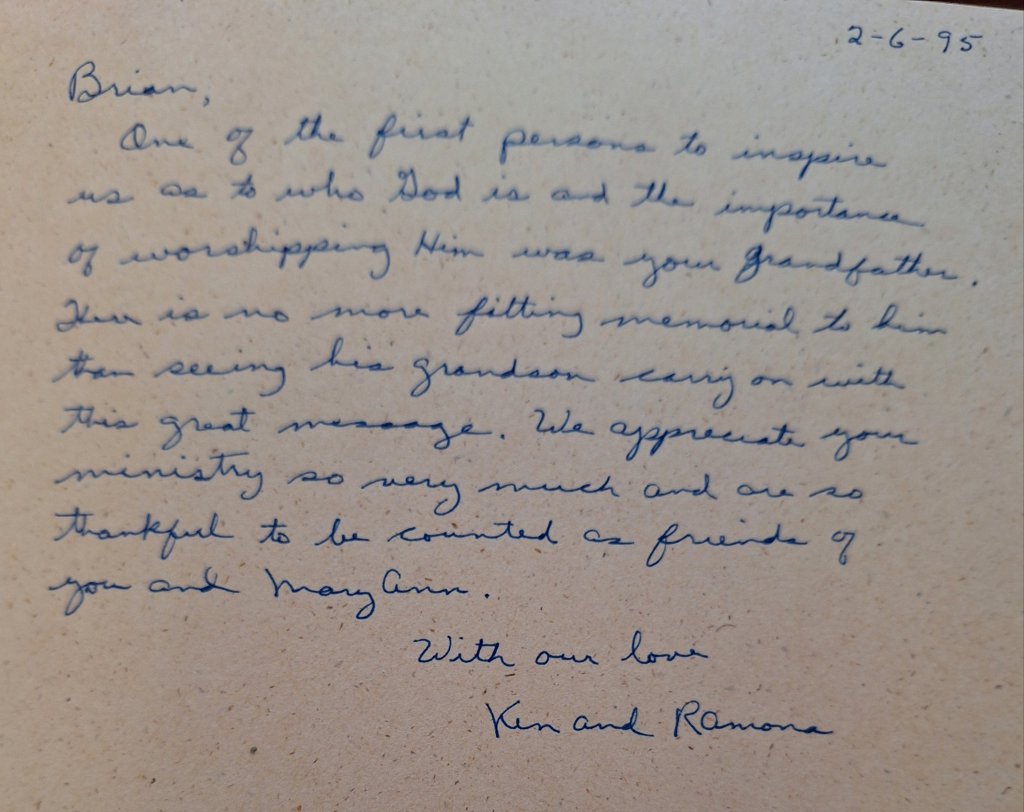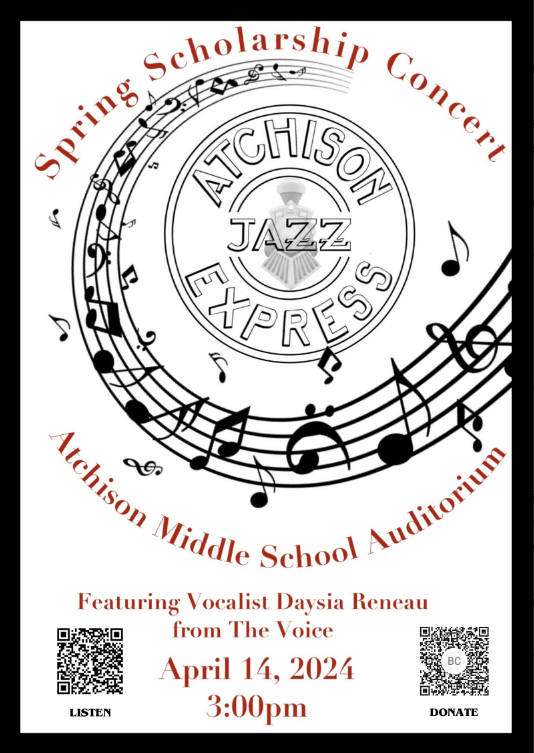Below I have reproduced a Facebook interchange. This began when an acquaintance reposted this from a meme-producing “reverend”: “God celebrates who you are. If your church doesn’t, get a new church.”
While I think there are a lot of reasons to “get a new church,” I found the message there to be not-so-subtly off its mark. Apparently, I have not learned to keep my mouth shut. A brief interchange about that occurred over a period of a couple of days. I first tried to comment deeply, if briefly. Then I got myself in too deep, I think.
Me: God knows who we are, even if we sometimes don’t.
Interlocutor: Ain’t it the truth!
Me: Yes, and anyone who coddles deluded senses of “identity” is not being truly compassionate in the long-term sense. Being compassionate is doing all we can to help people accept who they are.
Based on a few things in the past, I feel like this comment might need to be deleted by one of us . . . and I absolutely hate feeling like that. Maybe I’m wrong.
Interlocutor: Oooo… you were SO close. Actually it’s: “Being compassionate is doing all we can to accept people for who they are.” There… fixed it. Because the way you had it is the opposite of compassion, and in fact results in daily suicides.
And then I deleted all previous comments, for there was no point. (And I was too deeply upset.) In addition, it struck me that the aforementioned acquaintance/interlocutor turned a horrific reality into a light-hearted game with the interjection “Oooo.”
On the topic of “identity,” this acquaintance appears to be reading biased, erroneous data. And I am deeply saddened over that. I believe he is often quite misguided, possibly because of wishing to distance himself from certain aspects of his past. Here, he is wrong with respect to the allegation and ramifications of increased suicide rates. Even given a few terrible suicides (and surely various self-harm incidents) related to gender dysphoria, no one can say they wouldn’t have happened if gender transition actually had been started. The way some states are driving wedges between parents on the one hand and children and schools on the other is of deep concern. When school officials offer to hide things from parents, how can parents, who know and love their own children far more thoroughly than a guidance counselor who is influenced by a corrupt ideology, save the day? Put another way: certain educational and medical organizations are quite likely themselves increasing the risk of self-harm.
Furthermore, neither can anyone say whether suicides among transitioners and detransitioners will be less frequent or more frequent down the road, i.e., months or years later. Studies can be so very biased. And mental and emotional illnesses will continue, regardless of external, sometimes medically aided, fallacies.
Hear Dr. Heather Heying again:
Parents are told that if they don’t affirm or comply, their child may die—from suicide. . . . The message becomes personal and direct: You could have saved your child, but you didn’t. If the worst happens, how will you live with yourself?
See this for what it is: an attempt to scare you. They would convince you to embrace the very thing that is truly dangerous for your child, and convince you, too, that if you don’t, anything that happens to your child in the future is your fault. Heather Heying, “Me, She, He, They,” 3/7/23 https://naturalselections.substack.com/p/meshehethey
A parent wrote this in reflection on his own teen daughter’s dysphoria:
The delusions and abandonment of logic can run so deep. The influences on that young lady had convinced her to point the finger at the wrong things . . . and all the while, her own underlying, root issues were going unattended to.
I’m deeply upset when anyone cannot see, or refuses to see, reality related to teen mental and emotional health. The acquaintance referred to at the top lives in California, and, as with many others, the state’s cultural climate¹ appears to have influenced him to see things wrongly, sending him down poor pathways. When people as divergent as evolutionary biologist atheists, most “conservative” and many “free-press” journalists, world-class psychologists such as Jordan Peterson, whistle-blowing lesbian healthcare workers such as Jamie Reed, best-selling feminist authors such as J.K. Rowling. and right-thinking Christians agree on something (and they do), then the thing on which they agree appears unassailable. I admit that my creation of a virtual posse there is not very logical, but it does add to my certainty.
On the upside, a meeting last Friday (with people who work with local teenagers) seemed to indicate that they are at least aware of the seriousness of some mental/emotional health issues with teenagers, if not the origin and ramifications. Social media contagion has unleashed an unimaginably destructive influence on a large set of young people.
I lament all who are deluded into thinking that one can be “born into the wrong body.” That is not a thing my God would allow. (This is not to disavow anomalies, nor do I intend to downplay the difficulty that will occur in the face of a biological anomaly.)
Believe God
Or believe biological science
Or believe both!
Science, God, logic, and conscience are all in harmony. Sex is binary, and “gender identity” wars are obscuring the terrible things going on in teens’ minds and hearts—particularly with girls. Allowing girls to express personality through (socially acceptable, reasonable) clothing, hair style, etc., is fine. What’s not okay is to allow precious souls them to harm themselves permanently. People need the right kind of help. Anything but ushering them into irreversible medical “therapies” that mutilate healthy body parts or are designed to defer or stop puberty (which is a design of God). Anyone’s normal conscience will keep him from doing harm to someone for any reason, much less if that harm is based on a delusional self-diagnosis.
I believe 99% of the current rush to gender transition and acceptance of “trans” identities is attributable to three particular factors—mental disorders, emotional disorders, and social-media-induced contagion. If it’s just a measly 20%, which is inconceivable to me, the professional and public responses to trans matters ought to be a lot different from what we’re seeing.
Finally, something I’m NOT deeply upset by
In order to get myself off that topic, I will share an unprecedented (that is, in this weekly Tuesday Topics series) item: a non-discouraging visit to a new church. I visited a church in town where I’ve never darkened the doors before. The preacher spoke of a topic on which I have a relatively developed opinion, and he assumed different things, and he was still easy to listen to. The congregational ethos was fine, and I saw a couple of people I know from other areas of life, and that was pleasant. Overall, I felt rather positive about the visit. Today I had a text reach from an acquaintance who is a member there. Could it be that this church could be a temporary home until I can be extracted from here?
“Church” is of course also a topic, and it should definitely be a Tuesday one, not to mention all the other days of the week!
¹ It’s not just California, although I rather feel that the West Coast is a particularly negative factor in morality, unless one just stays home and enjoys the topography and the climate out there. Living in Kansas has affected me in some ways, too. Living in other places—say, New Jersey, Texas, Minnesota, a state not to be named at this moment in time—all these could affect a person before he knows it, and more deeply than he knows it. It’s not just states, of course. Living in a college campus bubble can be quite the factor, too. We ought to realize these things about ourselves.






 directing rehearsals for three months. A couple of programming decisions were made as late as a week ago. I’ve worked all along to enhance the variety and audience appeal of this concert, of course also considering the players’ interests. I’ve added auxiliary percussion, had a multi-talented player move from bass trombone to electric bass while our regular upright bassist sits out, and added guitar for four tunes. Having substitute players can also affect the constitution and shape of the program.
directing rehearsals for three months. A couple of programming decisions were made as late as a week ago. I’ve worked all along to enhance the variety and audience appeal of this concert, of course also considering the players’ interests. I’ve added auxiliary percussion, had a multi-talented player move from bass trombone to electric bass while our regular upright bassist sits out, and added guitar for four tunes. Having substitute players can also affect the constitution and shape of the program.






